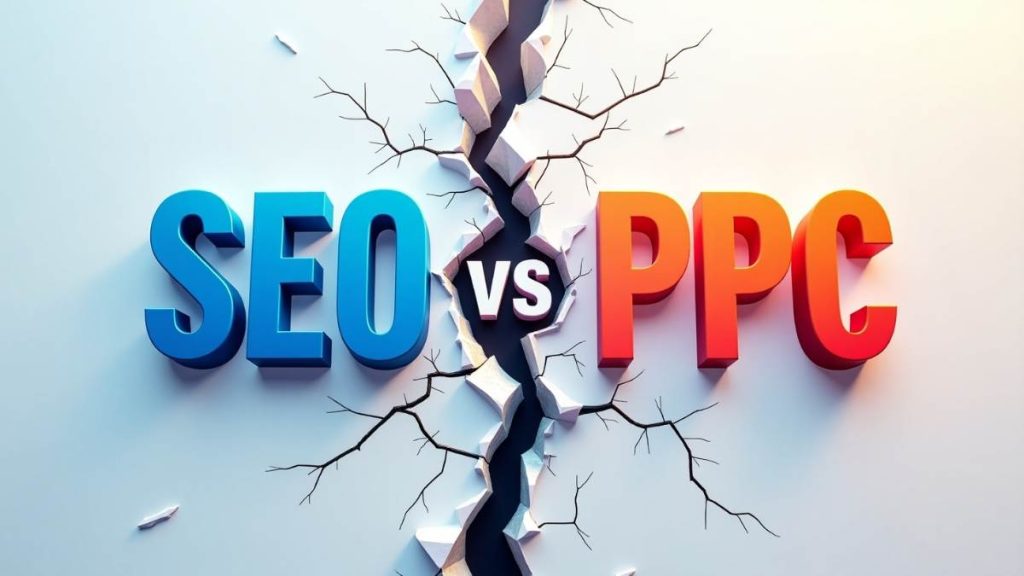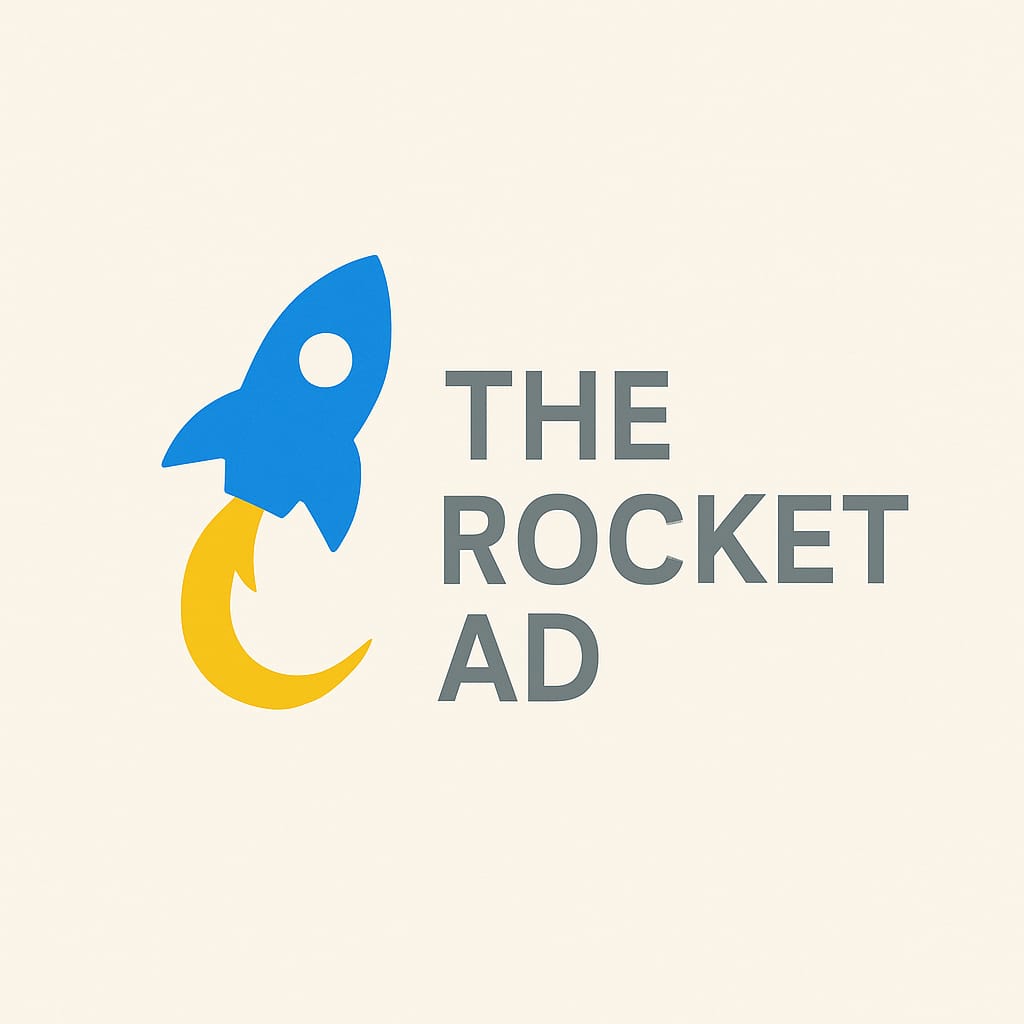
In the fast-changing world of digital marketing, one of the most common questions business owners face is: Should I invest in SEO or PPC? While both strategies help drive traffic to your website, they work in very different ways. In this blog, we’ll explore what SEO and PPC are, compare their advantages and disadvantages, and help you decide which one is better for your business.
What is SEO?
SEO (Search Engine Optimization) is the process of improving your website’s visibility on search engines like Google, Bing, and Yahoo—organically. This means you don’t pay directly for clicks or traffic. Instead, you focus on improving your website content, structure, and backlinks so that it ranks higher in search engine results.
Benefits of SEO:
- Cost-effective in the long run
Once your website ranks well, you don’t pay for each click, making SEO a smart investment over time. - Builds credibility and trust
People often trust organic results more than paid ads. - Long-lasting results
A well-optimized page can continue to bring traffic for months or even years.
What is PPC?
PPC (Pay-Per-Click) advertising allows you to pay for top positions on search engines and other platforms. Google Ads is the most popular form of PPC, where you pay each time a user clicks on your ad.
Benefits of PPC:
- Instant visibility
Your ads can appear on the first page of Google within hours. - Precise targeting
PPC allows you to target specific keywords, locations, devices, and even times of the day. - Easy to measure and control
You can track exactly how much you spend and what return you’re getting.
Key Differences Between SEO and PPC
| Feature | SEO | PPC |
| Cost | Free clicks, but time-intensive | Paid per click |
| Time to Results | Takes time (months) | Almost instant |
| Trust Factor | Higher trust (organic) | May be seen as an ad |
| Click-Through Rate | Often higher for top organic results | Lower CTR unless highly targeted |
| Longevity | Long-term traffic | Traffic stops when you stop paying |
| Control | Less control over ranking | Full control over targeting and budget |
When Should You Choose SEO?
- You want long-term growth: If your business plan spans over a year or more, SEO is a great investment.
- You have a limited budget: Once established, SEO delivers consistent traffic without ongoing costs per click.
- You’re in a low-competition niche: It’s easier to rank with SEO when there’s less competition.
- You want to build authority: High-ranking content improves brand reputation.
When Should You Choose PPC?
- You need fast results: PPC is ideal for product launches, sales campaigns, or events.
- You have a flexible budget: You can scale your campaign up or down depending on performance.
- You’re in a competitive market: PPC allows you to compete even in high-competition spaces.
- You want precise targeting: PPC lets you reach users based on detailed criteria.
What’s the Best Strategy? SEO, PPC, or Both?
What’s the Best Strategy? SEO, PPC, or Both?
- Short-term growth with PPC: Use PPC to drive immediate traffic and test what keywords or landing pages convert best.
- Long-term growth with SEO: Build a strong organic presence so you’re not dependent on ad spend forever.
For example, a new e-commerce brand can start with PPC to get traffic quickly and gradually work on SEO to reduce advertising costs in the future.
Final Thoughts
So, SEO vs. PPC—which is better for your business? It depends on your goals, budget, timeline, and industry competition. If you’re looking for instant results, PPC is the way to go. If you’re aiming for long-term visibility and trust, invest in SEO.
Ultimately, a smart digital marketing strategy combines the strengths of both to achieve the best results.

Hi, this is a comment.
To get started with moderating, editing, and deleting comments, please visit the Comments screen in the dashboard.
Commenter avatars come from Gravatar.